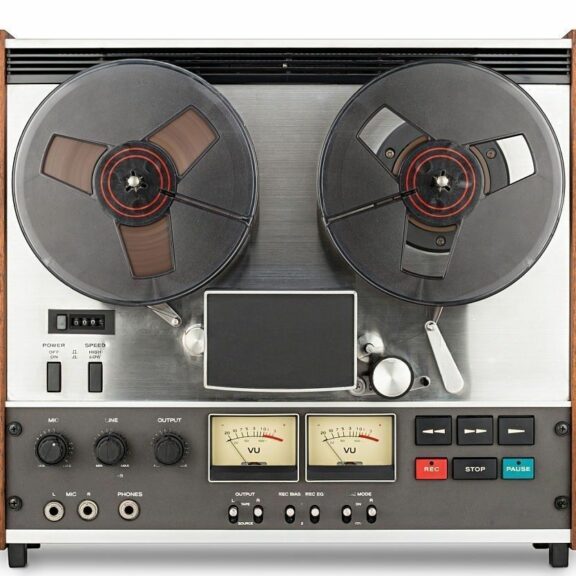
A business that isn’t recording its phone calls could miss out on many opportunities. A recorded call can be used in many ways to benefit your business, from improving customer service to resolving disputes with customers and employees. As a small business owner, you need to think about your company’s future and how you can protect yourself against false or malicious claims that could damage your reputation or even shut down operations altogether. That’s why we’ve compiled this list of reasons why every business should record their phone calls:
Helping businesses grow
Recording phone calls is one of the most important things you can do for your business. Call recordings are an investment whether you’re running a small business or a large corporation—but the benefits far outweigh any initial costs. Here’s why:
- Recording calls will help you improve customer service.
- Recording calls can be used in legal disputes and other situations where proof is needed.
- Recording calls gives businesses a record of important data that may be lost or forgotten over time (like who said what).
Improving customer service
Recording phone calls is a great way to improve customer service and boost your business.
- Your customers will be happier with the service they receive: Customers who have been treated well are more likely to return and recommend your business, so it’s essential to make sure that every interaction with a customer leaves them feeling valued and appreciated.
- Your customers will be more engaged with the business: When we hear someone else’s voice on the other end of an answering machine or telephone call, it makes us feel like there is an actual person on the other end — someone who wants our business and would go out of their way for us if needed. This can significantly increase loyalty among customers because even if they’re not happy about something, they know there’s at least one person in charge who cares about them personally as a customer instead of just as “that guy who ordered pizza last week.”
To resolve disputes
Recordings of phone calls can be used to resolve disputes. When a customer has a problem with your business, it’s best to record the call so that you have evidence proving the truth of what was said in the conversation. Recording phone calls is an excellent way for businesses to resolve customer complaints and prevent them from escalating into lawsuits.
For example, suppose a customer claims they never received an item they bought or were billed incorrectly. In that case, you can play back your recording of their call and prove otherwise—thereby resolving their issue without having to accuse them of lying or making mistakes themselves (which could lead to legal action).
Training employees
Recording phone calls is a great way to keep a record of what your employees are doing, both good and bad. It’s easy to forget important details regarding customer service, but with a call recording, you can quickly go back and listen in on yourself or someone else at any point in time. You can also use the recordings for training purposes by listening back to how an employee answered questions or handled difficult situations.
Another benefit of recording phone calls is that it will help improve the performance of your employees because they know what their boss expects from them when it comes to communication skills over the phone. If you notice that certain people aren’t doing well as far as answering phones, then consider sending them some tips through email or even having them watch some video tutorials on YouTube which teach everything there is about telephone etiquette.
To comply with regulations
There are a lot of good reasons to record your phone calls. Firstly, they can be used as evidence in court if needed. For example, if a customer files a lawsuit against your company and it comes down to whether or not the customer told you certain information at one point, it would be helpful if there was an audio recording of the interaction.
Secondly, having recorded conversations will help with compliance with regulations such as FCA. The rules in COBS11.8 oblige firms to retain records of specific telephone conversations and electronic communications of client order services related to reception, transmission and execution of client orders and proprietary trading. These regulations require that certain types of information are kept confidential between two parties during communication—this is where recordings come into play.
Thirdly, recorded conversations can also help internal investigations take place quickly and efficiently when allegations have been made against an employee or group of employees at work. Fourthly, recordings can be used for training purposes, so new hires know what behaviour is expected from them once on board with an organisation.
To protect the business from false or malicious claims
Recording phone calls is a great way to protect your business from false or malicious claims, fraud and employee misconduct. It can also help you comply with legal requirements and avoid certain types of legal action.
Conclusion
As you can see from the list above, there are many reasons why businesses need to record their phone calls. The benefits of recording phone calls far outweigh any potential risks, so we hope this blog has given you some new ideas on improving your business by recording them! To activate call recording for your business, please get in touch with our customer service department.



